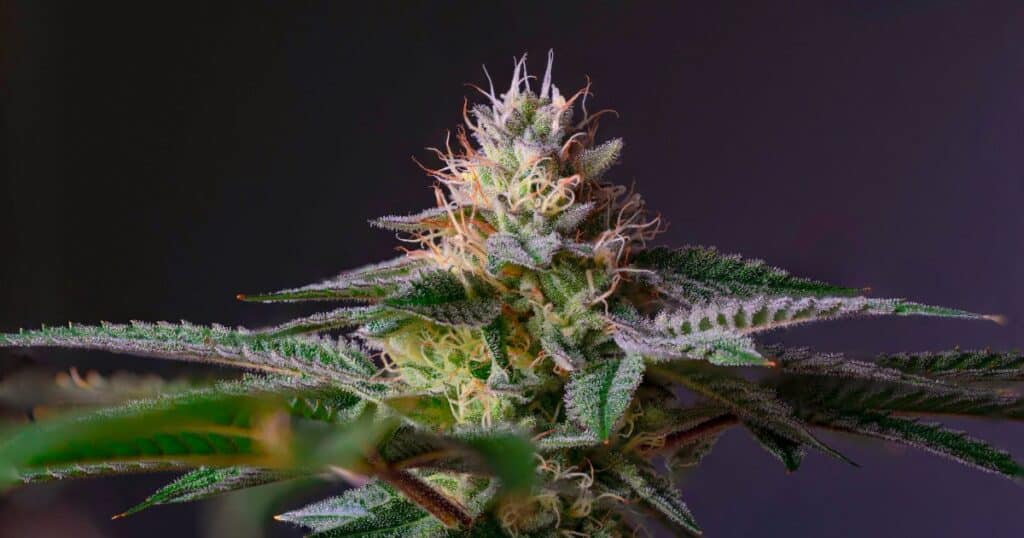In a landmark move, the U.S. Drug Enforcement Administration (DEA) is set to reschedule marijuana from a Schedule I drug, deemed to have “no currently accepted medical use and a high potential for abuse,” to a less restrictive Schedule III classification.
This historic shift, confirmed by AP sources, could fundamentally transform decades of American drug policy and propaganda that could potentially ease numerous legal burdens associated with cannabis use and research.
However, this impending reclassification opens up a new can of worms regarding the regulation of a plant that is already navigating a complex legal landscape.
While moving cannabis to Schedule III recognizes its medical uses and acknowledges its lower potential for abuse compared to some of the nation’s most dangerous drugs, it doesn’t fully address the larger issue at hand. The question looming over us is: Will this change merely add layers of federal regulation to a plant that arguably should not be within the grips of such stringent oversight?

A Historic Step Towards Justice and Science
First, it’s crucial to acknowledge the positives. The DEA’s proposal is undeniably a leap in the right direction, signaling a more rational, science-backed approach to cannabis. For decades, the classification of marijuana alongside heroin and LSD as a Schedule I drug has been a contentious issue, stifling research and subjecting countless individuals to criminal penalties for possession and use.
President Joe Biden’s call in October 2022 for a review of federal marijuana law, coupled with his move to pardon thousands convicted federally of simple possession, underscores a significant shift in how the federal government views cannabis. “Criminal records for marijuana use and possession have imposed needless barriers to employment, housing, and educational opportunities,” Biden has stated, highlighting the social justice implications of marijuana criminalization.
Despite the optimism sparked by the DEA’s proposal, it’s crucial to note that this change is not yet final. The proposal still requires review by the White House Office of Management and Budget (OMB).
Only once the OMB gives its approval can the DEA proceed to gather public comments on the plan to reschedule marijuana from its current status as a Schedule I drug.
The Promise and Pitfalls of Reclassification
Moving marijuana to Schedule III is a step towards rectifying these wrongs, but it’s far from a cure-all. The crux of the matter lies not just in enhancing access or eliminating criminal penalties but in addressing the foundational paradox of regulating cannabis.
Given that the vast majority of marijuana use is not associated with significant harm, as noted by the U.S. Department of Health and Human Services, one must question the logic behind rescheduling rather than descheduling.
Rescheduling marijuana under the Controlled Substances Act (CSA) might pave the way for more research and medical use, but it also suggests more regulatory hoops. This could include everything from FDA oversight on production and distribution to potentially new taxation frameworks, not to mention the continuing disparity in state versus federal law.
The layered complexities of this reclassification bring to light an imperative debate: Is the DEA’s move a genuine stride towards the acceptance and normalization of cannabis, or is it a tactical maneuver that entangles cannabis in further bureaucratic red tape?
The Road to True Reform
This brings us to the crux of the debate within the cannabis advocacy community. While acknowledging the DEA’s decision as a progressive shift, many argue that the only logical endpoint is to remove cannabis entirely from the CSA.
This action would not only align federal policy with the growing body of scientific research and public opinion supporting cannabis legalization but also dismantle the archaic and often racially biased enforcement strategies that have governed cannabis policy.
To truly utilize the potential benefits of cannabis, both for individuals and for society at large, comprehensive reform that goes beyond mere rescheduling is needed. Advocates contend that removing cannabis from the CSA altogether would represent a significant leap toward rectifying the injustices perpetrated under the guise of marijuana criminalization and unlocking the plant’s full economic, medicinal, and societal potential.

An Evolving Dialogue
As we stand on the precipice of change, it’s clear that the DEA’s move to reschedule marijuana is more than a mere policy adjustment; it’s a reflection of a broader shift in societal attitudes toward marijuana and drug policy at large.
However, as we move forward, the dialogue must not end here. The complexities and nuances of cannabis regulation demand continued advocacy, research, and public engagement to ensure that future policies reflect justice, science, and common sense.
The path forward should consider the implications of federal regulations thoughtfully and commit steadfastly to addressing the historical injustices associated with cannabis criminalization. By championing a shift towards de-scheduling, rather than simply rescheduling, we can stride closer to a rational, equitable, and prosperous future for cannabis policy.
















